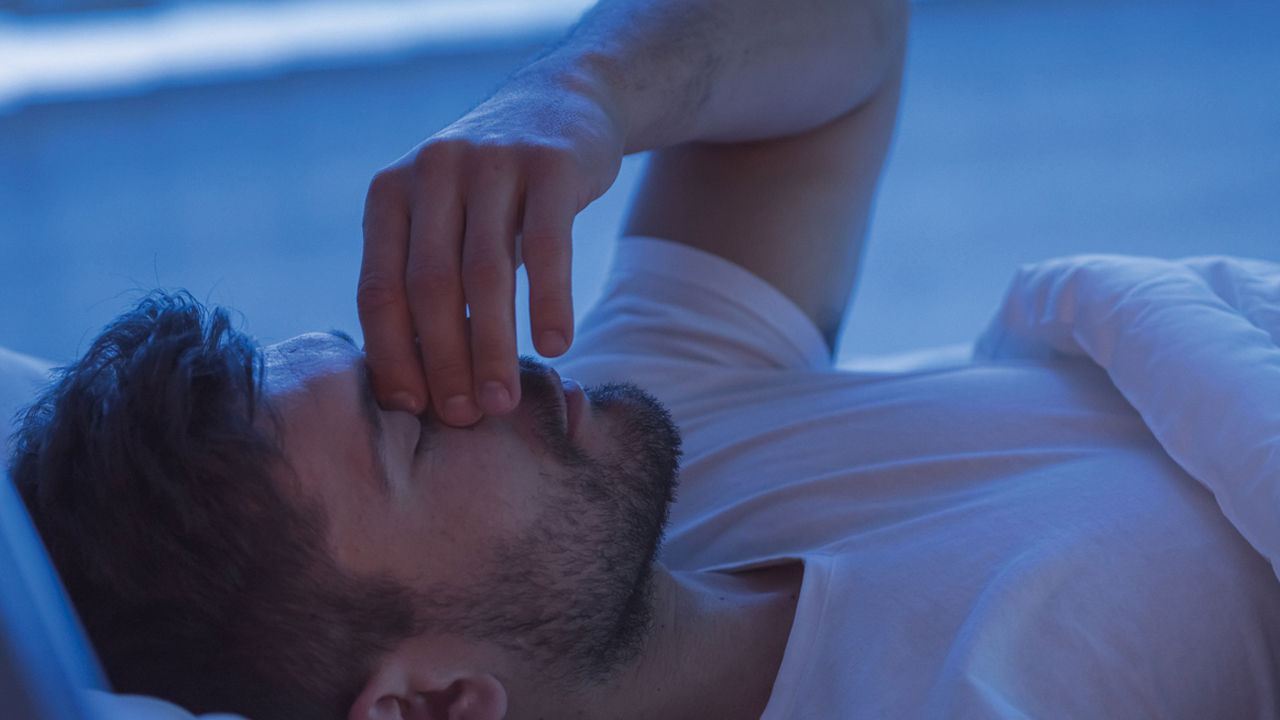In Conditions
Follow this topic
Bookmark
Record learning outcomes
This handy 10-minute clinic is designed to act as a quick reference guide that will help you when advising customers in different category areas. The flowchart leads you through the decision-making process to help you respond to customer queries. This month, we look at the advice you can offer and the products you can recommend to customers suffering from insomnia and sleep problems
At a glance
Snoring
Snoring affects around half of all adults at least occasionally, and it can severely disrupt the sleep of anyone they share a bed with. The problem occurs when airflow causes tissues in the throat to vibrate and make hoarse, rattling noises. Nasal congestion from a cold or allergy can also obstruct the airway and cause snoring. Lifestyle changes such as losing weight, avoiding alcohol before bed and sleeping on one side can help reduce snoring. There are a number of products available OTC that may help ease symptoms.
Whenever you talk to any customer, remember WWHAM:
Who is it for?
What are the symptoms?
How long have the symptoms been present?
Action already taken?
Medication?
You don’t have to ask these questions in order, and a customer might give you some of this information without you asking. As long as you get them into the conversation, you should be able to find out the information you need in order to make a recommendation. The golden rule to remember is: if in doubt, refer to the pharmacist. Don’t be embarrassed to ask for their advice as they have a lot of information about products and symptoms to hand that you may not be aware of.
Self care tips
- Avoid caffeine and nicotine for at least four to six hours before bedtime
- Avoid alcohol and heavy meals before bedtime
- Exercise regularly, but not within four hours of bedtime
- Establish a routine of daytime wakefulness and night-time sleepiness (e.g. avoid daytime naps and only go to bed when sleepy). This can help train the body to sleep at night
- Make sure the bedroom environment encourages sleep (e.g. minimise noise, light and excessive heat)
- Try having a warm bath or milky drink before bed every night
- If anxiety is the problem, write worries down to help put them to one side until morning
- Try relaxation techniques, such as deep breathing
- Sleep aids should only be used for a few days at a time.
When to refer to the pharmacist
- Anyone taking prescribed medication
- Anyone with any diagnosed conditions
- Anyone with possible depression
- Early morning waking
- Children under 16 years and the elderly
- Pregnant or breastfeeding women
- If symptoms have been present for longer than a week
- Anyone who has suffered from insomnia before
- Anyone who has already tried a sleep remedy unsuccessfully.

